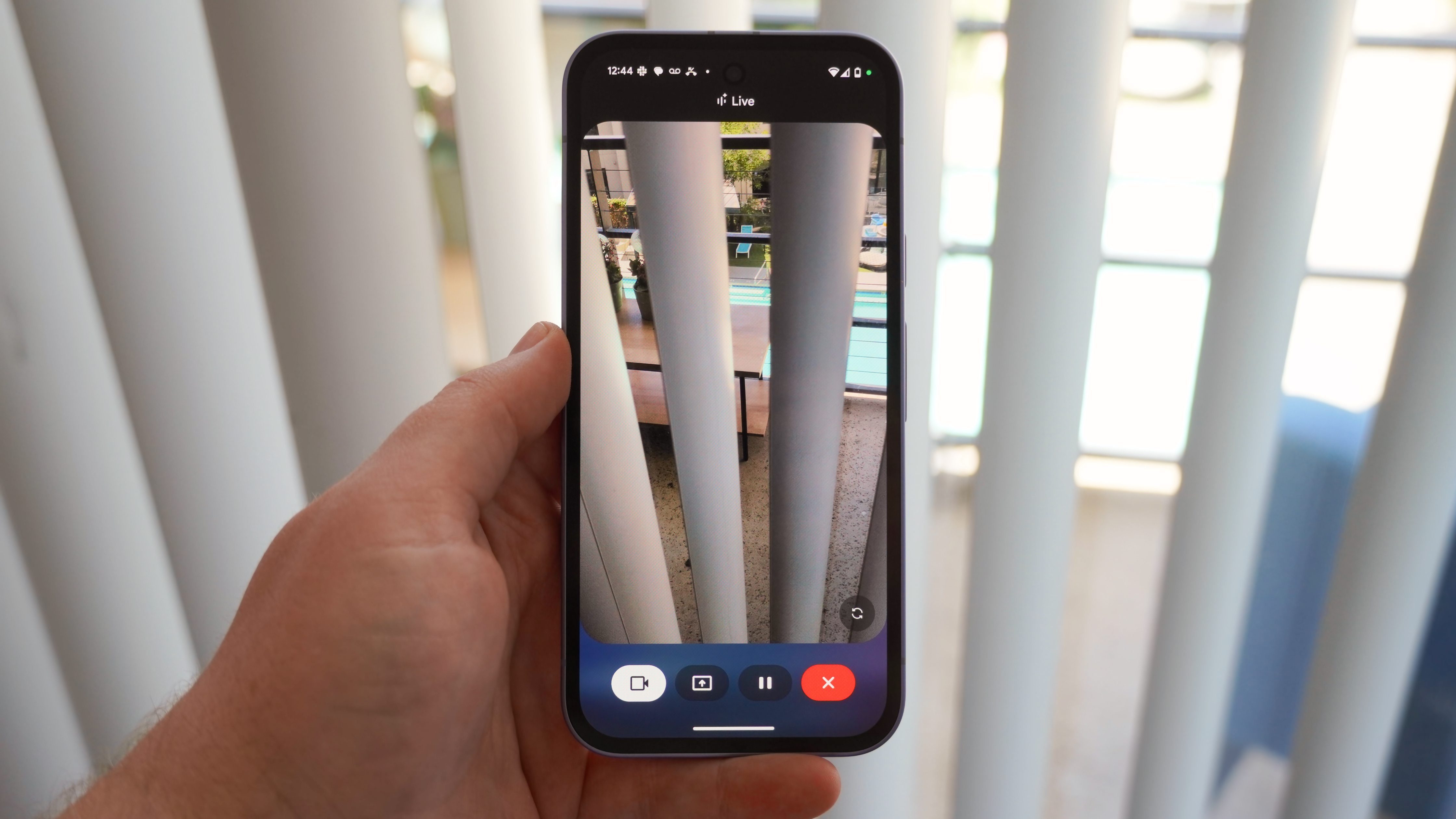How SoftBank's sale of Arm Holdings could go very right, or terribly wrong
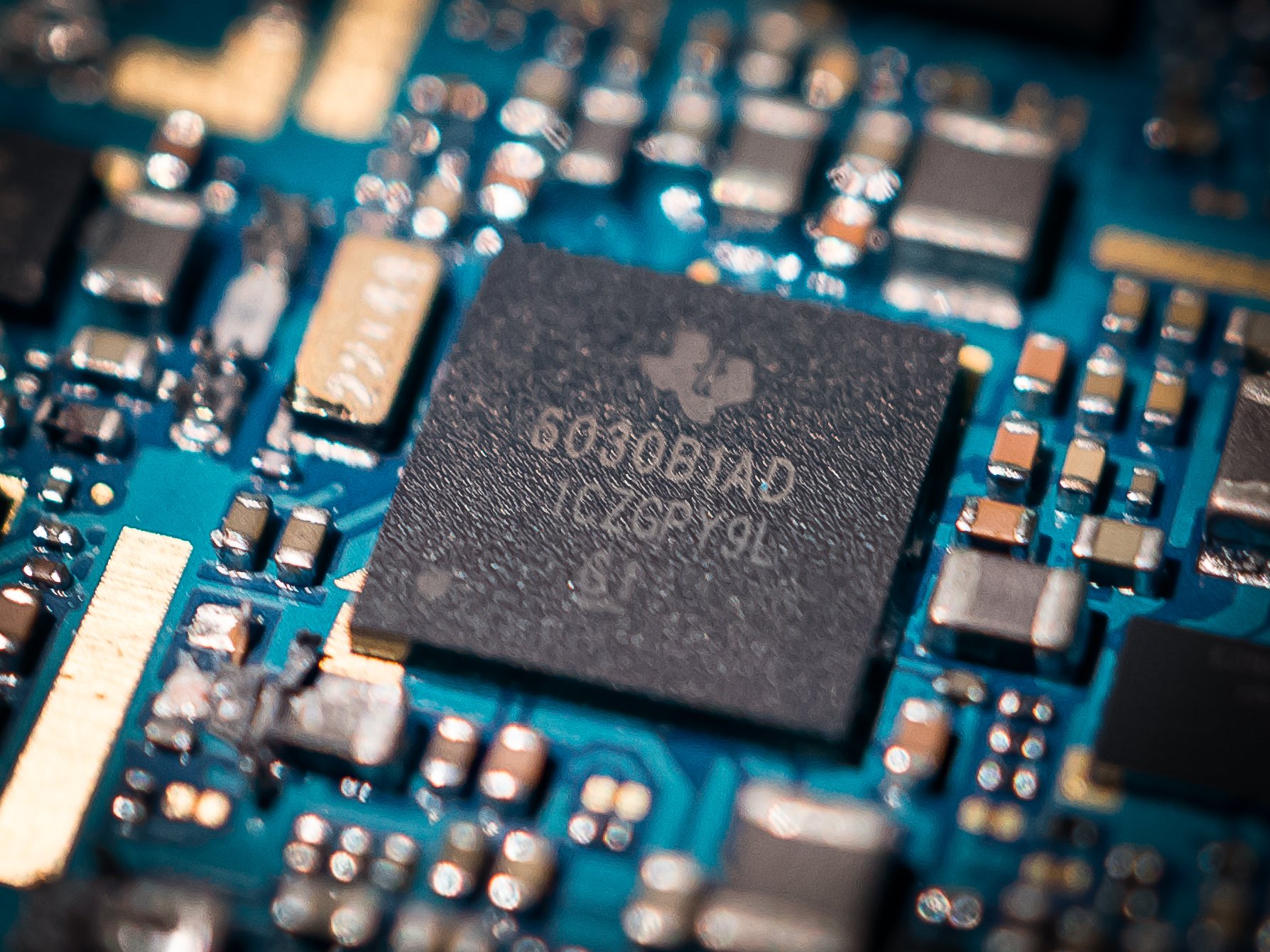
ARM is a CPU core design developed by Arm holdings, which since 2016 has been wholly owned by Japan's SoftBank Group Corporation. Look at the phone in your hand right now; it's almost certainly running a chip with an ARM design.
The name SoftBank might be familiar to you. The company wholly or partially owns plenty of tech and energy companies but you probably recognize the name because of its buyout of Sprint in 2012 (and now 24% owner of T-Mobile US since the Sprint-T-Mobile merger). It also purchased robotics company Boston Dynamics from Google in 2017, and has a huge stake in WeWork (which is why it's in this mess in the first place). SoftBank has its hands in a lot of things, but it appears it's looking to remove them from Arm.
Remember, for now, this a rumor. Nobody from SoftBank has made any public statement, but the Wall Street Journal says that the company is looking at either selling Arm Holdings outright or take it public. Either result could mean some changes in the technology behind and inside our phones.
What is ARM?
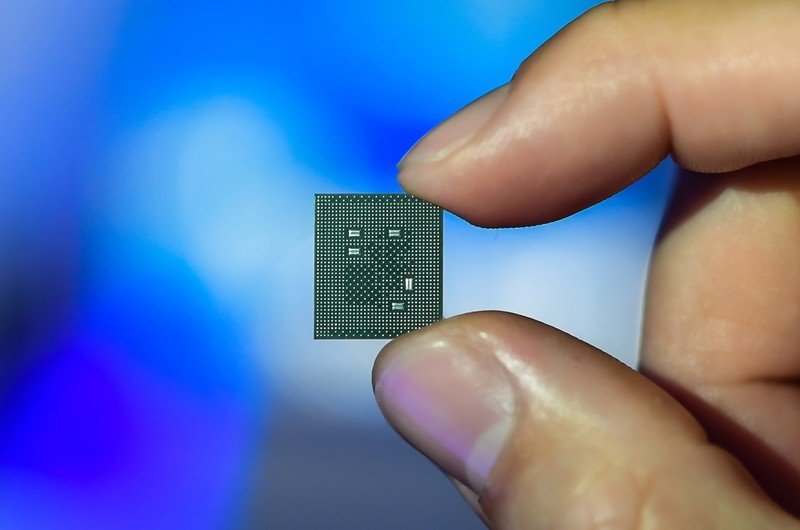
ARM is a company that designs CPUs (Arm Holdings without the all-caps styling) and the name of the CPU architecture it designs (the all-caps ARM).
You don't need to understand all the details: ARM is the technology that powers the chip inside your phone.
You really don't need to understand the gritty details of CPU architecture, but an overview of it all is pretty simple. A CPU is built from logic gates and has its own programming that is used to understand and interpret different types of instructions. Software is written that uses these instructions in order to make a CPU process data and distribute commands to other bits of electronics, like memory controllers, graphics processors, and communication devices like modems or wireless chips.
ARM is different than processors built using the X86 architecture from companies like Intel and AMD and is licensed by companies like Qualcomm and MediaTek to build high-efficiency and low-power chips for things like mobile phones. ARM is the lifeblood of the mobile tech we love.
Arm Holdings changing ownership: The positives
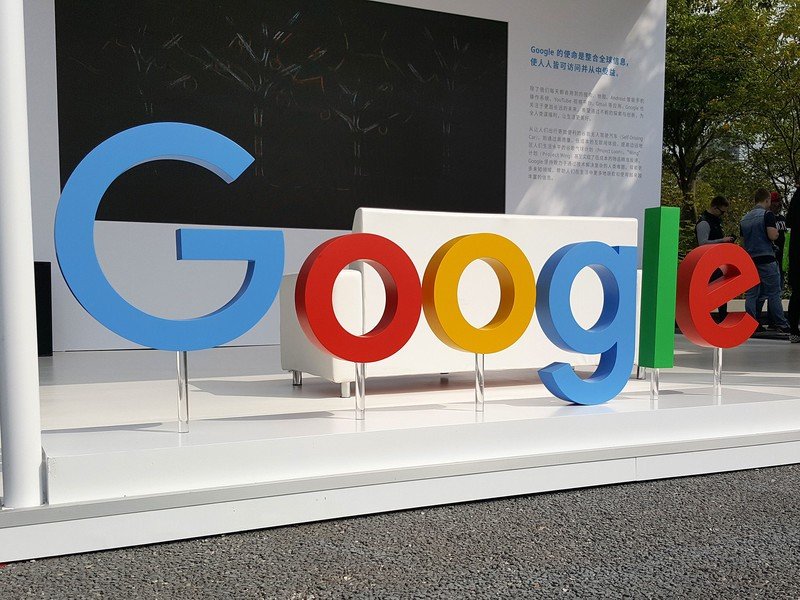
A lot of people think of SoftBank as a technology company, but that's not exactly true. SoftBank is a holdings group that buys and sells technology companies for profit.
Be an expert in 5 minutes
Get the latest news from Android Central, your trusted companion in the world of Android
That's not to say that the company is bad or doesn't spark any innovation. A sizeable financial investment often follows any acquisition and nothing can jump-start a new idea like a large influx of cash. SoftBank is the benevolent financial backer for plenty of technology companies, and without it, these companies may not exist today.
Google or Samsung can't own ARM because regulators would (rightfully) block it from happening.
If SoftBank were to offer an IPO (initial public offering — take it public) or even just sell ARM, regulators wouldn't allow any company you immediately thought of to gain control. That means Qualcomm, Samsung, Google, and Apple are never going to be able to own or control Arm Holdings. The same goes for names you probably didn't think of like MediaTek or Broadcom or NVIDIA.
But there are plenty of other companies that could back or own ARM that have a presence in today's tech sphere. Companies like Boeing or General Electric could not only continue to provide all the funding needed to keep Arm doing what it does best but could expand the company into designing other things like high-end and power-efficient GPUs or 5G modems.
We need competition in tech. The Intel versus AMD or Apple versus Microsoft "wars" are the reason we see better products from those companies. One year, company A does it better than company B. The next, the roles are reversed. That's because all of the competitors need to try to outbuild each other and we, as consumers, reap the benefits.
Changing ownership: The negatives
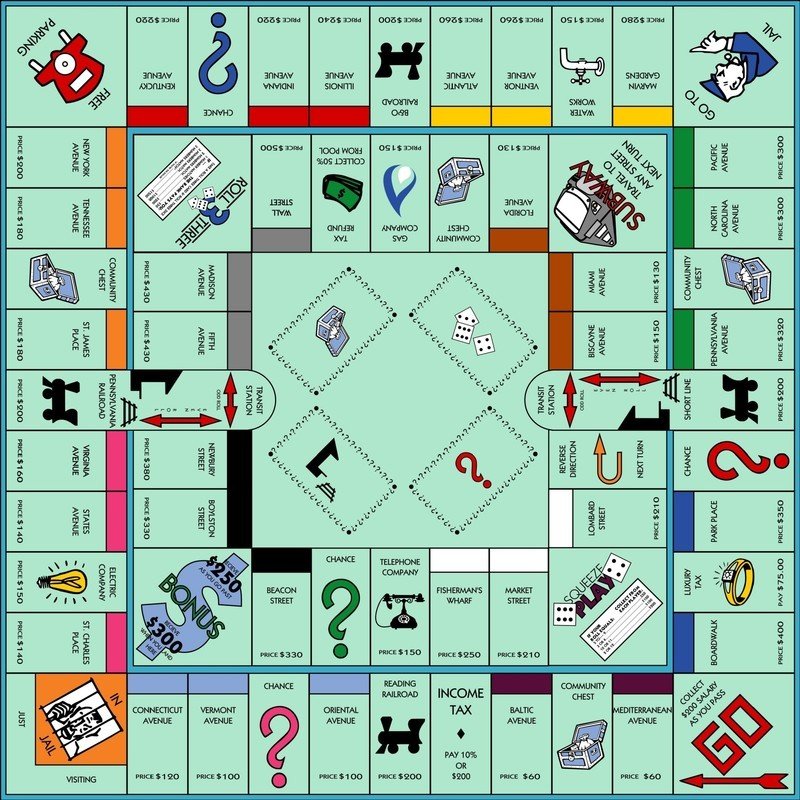
Arm Holdings has zero competition in the mobile space. Nada, zilch, none. While Arm doesn't sell actual chips, it is the company that designs the CPU cores used by every institution that does build processors for things like smartphones. SoftBank selling Arm Holdings probably isn't going to change that.
As mentioned above, competition feeds new ideas and better products. Chances are that whoever buys Arm Holdings or purchases enough stock to gain control will be more than happy with the status quo and only be doing it to count the money at the end of the year. That's pretty much what SoftBank did when it acquired Arm back in 2016. To make and keep it in the black, no extra money is going to be spent.
Sad fact: any company interested in buying Arm Holdings is only doing it as a short-term investment.
This is good and bad all at once, but mostly bad. We should never want Qualcomm or Google to have ownership or control over the company that designs the CPU architecture inside every phone. You might think that's a good idea because you like those companies, but replace them with MediaTek and Apple to see the point.
Any company that could buy into or own Arm Holdings that would look at the purchase as a growth opportunity can't. It would never pass regulatory approval, and it shouldn't. Earlier I said a company like Boeing or GE could buy Arm and inject cash for branching out into new territory, but chances are that's not going to happen. Stop thinking about what Samsung could do with the engineers from Arm Holdings.
The hard truth is that the companies or investment groups that will be interested in buying Arm are going to be doing it to make money. That means tight budgets until the income is more than the expenditure and then possibly looking to flip the company again in order to make even more money.
Everything is just a rumor right now, so who knows what will really happen.
In a dream world, we would see Apple and Google and Microsoft teaming together to buy Arm and injecting billions into new ideas. In the real world, we'll probably see one of those companies mentioned on our annual 401K statements doing it as a financial investment.
In the end, maybe the best outcome would be for SoftBank to just keep Arm Holdings and see that further investment today could reap rewards tomorrow. The company tried just that with Sprint, investing billions to try and build a passable nationwide LTE network. Since this is all still a rumor, maybe that's how things will pan out.

Jerry is an amateur woodworker and struggling shade tree mechanic. There's nothing he can't take apart, but many things he can't reassemble. You'll find him writing and speaking his loud opinion on Android Central and occasionally on Threads.
